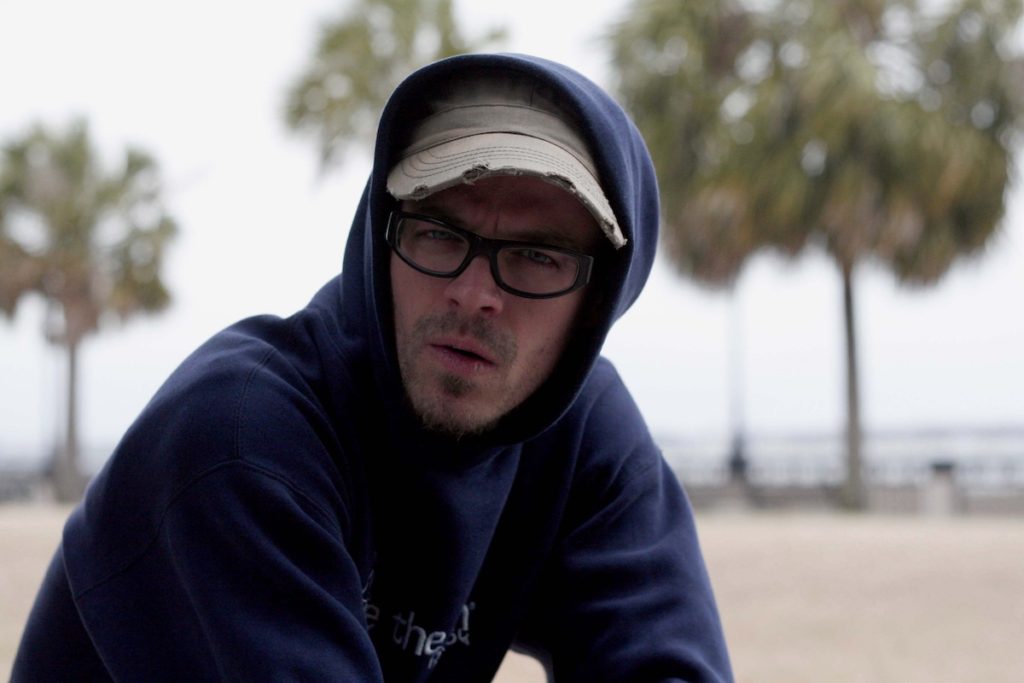Lorelie Rozzano is a guest blogger for Vertava Health.
Our Son Refuses To Go To Rehab. What Should We Do?
If your loved one struggles with addiction, you’ve probably wished they would seek help and get well. You’re tired of riding the emotional roller coaster with them. You’re tired of the chaos and drama. You’re tired of the pain and heartbreak. You’re tired of crying. You’re tired of begging. You’re tired of… everything. You’re tired. Period. Loving an addicted person is exhausting. Even worse, your addicted loved one appears oblivious to the pain they are causing you and the rest of your family. That’s because addiction survives in delusion. Meaning that most with it, don’t think they have it. Or if they do admit to a problem, they minimize the effects it has on their life and the lives of others. You’ve tried talking to them until you’re blue in the face. But they’re not listening. They’re not hearing you. They’re not changing and they’re getting progressively sicker. They’re not the only who has changed, either. You can’t remember the last time you laughed or had a stress free moment. You know the situation is critical. With hundreds of people dying every day from overdose, the time to take action is now. But what happens when your loved one refuses to seek help? Sheila – not her real name – recently contacted me. Sheila was distressed and asking what she could do. Sheila says; my son is living on the streets and shooting heroin. He says he’s willing to come home but he refuses to go to rehab. What should my husband and I do? If we leave him there I fear he will die. But if we bring him home, I fear we will. His addiction is slowly killing our entire family. Our friends told us he must hit rock bottom, but if living on the streets and shooting drugs isn’t rock bottom, I don’t know what is. I know we can’t force him into treatment. I think it’s ludicrous we have to wait until he wants to go. We are desperate and terrified we are going to lose him. Isn’t there anything we can do to help? Sheila is tired of the mixed messages she is getting. She hears that addicted people must hit rock bottom and want to seek help. But Sheila knows her son isn’t thinking right and is incapable of making healthy, rational decisions. Sheila fears her son’s rock bottom is six feet under. Sheila isn’t alone. Navigating the murky waters of addiction is overwhelming and confusing. Addicted persons can’t make rational decisions, and their families can’t always force them into treatment. Families are encouraged to practice self-care. Without support, families can become every bit as sick as their addicted loved one. To make matters worse, addicted persons continue to use in spite of the alarming death toll. So how do you stop this vicious cycle? Our health care system is seriously flawed. Patient beds are underfunded. Treatment stays are not long enough. Legislation needs to be changed. Instead of jailing those who are addicted, they should be mandated to treatment. Doctors need to be held responsible. So does pharma. You can see the enormity of the problem. Families are in survival mode. They are traumatized, fatigued and in emotional pain. Because of the stigma of addiction, they may hide their problems and try to deal with them alone. They walk on egg shells hoping to avoid another blow up while waiting for the phone call. Just like Sheila, you may find yourself asking; what can I do? Luckily, there is much you can do. First, you need to acknowledge what you’re doing isn’t working. Instead of continuing down this same path, change direction. Involve professionals. There’s a reason they’re called professional. They have years of training, education and experience. They know how to assess your loved one and give them the best chance at a successful recovery. Addicted persons behave badly with their families. They are more likely to listen and take direction from someone outside your family circle. Secondly, you will need support. Codependency goes hand in hand with addiction. (A codependent has little or no boundaries. They immerse themselves into their relationships creating a pathological and compulsive dynamic with the person they’re trying to help, rescue or save. They may bankrupt themselves trying to fix their loved one then become bitter when they are taken advantage of. They feel like victims in their roles of giving, even though they refuse to set limits). A support group will give you emotional relief and teach you healthier coping mechanisms. The sooner you realize addiction is a family disease, meaning everyone needs to make changes and seek help, the quicker you’ll be on the road to recovery. Although you can’t make an addict go to treatment, there is a lot you can do to influence the outcome. Reach out for help. Break the silence. Go to a rehab center and attend a family program. Addicted persons have a much greater chance of succeeding when their families have support and are in recovery too. For more information please call the toll free number below. If you or someone you know needs help, please call this confidential support line for assistance 844-470-0410.


